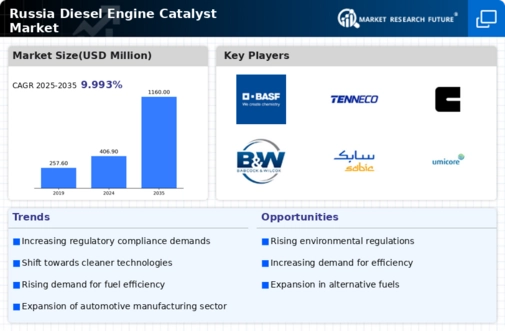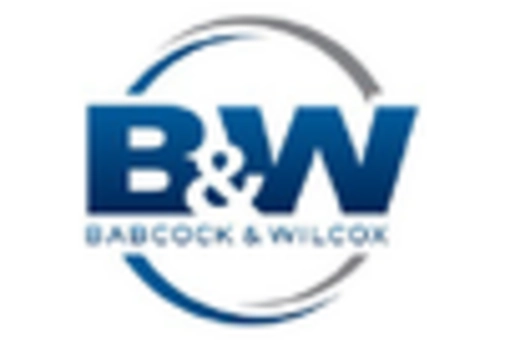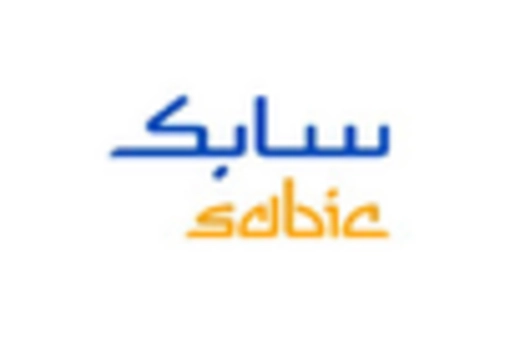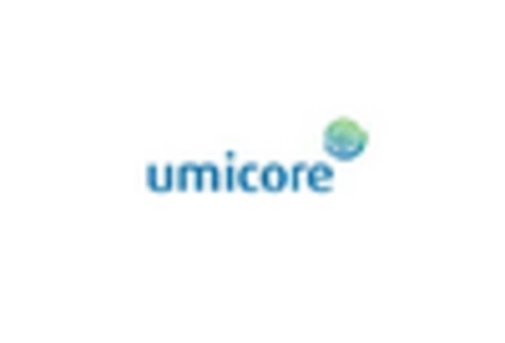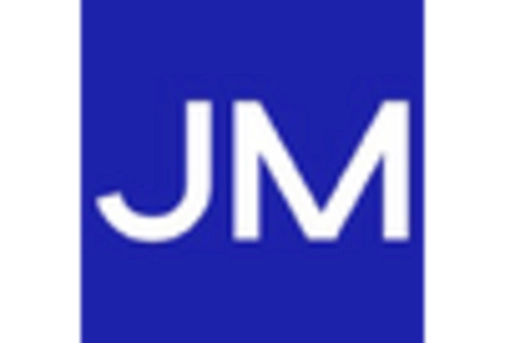Government Incentives and Support
Government incentives and support are vital drivers for The Russia Diesel Engine Catalyst Market. The Russian government has introduced various programs aimed at promoting cleaner technologies and reducing environmental impact. Financial incentives for manufacturers adopting advanced catalytic systems are becoming more prevalent, encouraging investment in research and development. Additionally, subsidies for the retrofitting of existing diesel engines with modern catalysts are fostering market growth. These initiatives not only enhance the competitiveness of the Russia diesel engine catalyst market but also align with broader environmental goals. As the government continues to support the transition towards cleaner diesel technologies, the market is likely to experience sustained growth, driven by both regulatory frameworks and financial backing.
Growing Demand for Diesel Vehicles
The growing demand for diesel vehicles in Russia is a crucial driver for the diesel engine catalyst market. Despite the global shift towards electric vehicles, diesel engines remain popular in various sectors, including transportation and agriculture, due to their fuel efficiency and durability. The Russian automotive market has seen a steady increase in diesel vehicle sales, particularly in commercial applications. This trend is expected to continue, as businesses seek cost-effective solutions for their transportation needs. Consequently, the demand for diesel engine catalysts is likely to rise, as manufacturers strive to meet both performance and emission standards. This growing market segment presents opportunities for catalyst producers to innovate and expand their offerings within The Russia Diesel Engine Catalyst Market.
Integration of Digital Technologies
The integration of digital technologies is emerging as a transformative driver in The Russia Diesel Engine Catalyst Market. The adoption of data analytics, IoT, and machine learning is enabling manufacturers to optimize catalyst performance and monitor emissions in real-time. This technological shift allows for predictive maintenance and enhances the overall efficiency of diesel engines. Companies are increasingly leveraging digital tools to analyze performance data, leading to more informed decision-making regarding catalyst design and application. As the industry moves towards smarter solutions, the demand for catalysts that can seamlessly integrate with digital platforms is likely to rise. This trend indicates a significant evolution in the Russia diesel engine catalyst market, where digitalization is becoming a key component of operational excellence.
Technological Advancements in Catalysts
Technological advancements play a pivotal role in shaping The Russia Diesel Engine Catalyst Market. Innovations in catalyst formulations and designs have led to improved efficiency and effectiveness in reducing emissions. For example, the development of new materials, such as advanced ceria-based catalysts, has shown promise in enhancing the performance of diesel engines. These advancements not only help in meeting regulatory requirements but also improve fuel economy, which is a critical factor for consumers and fleet operators. The market is witnessing a shift towards more sophisticated catalytic systems that integrate multiple functionalities, thereby expanding the scope of applications. This trend suggests a dynamic landscape for the Russia diesel engine catalyst market, where continuous improvement and adaptation to technological changes are essential for competitiveness.
Regulatory Compliance and Emission Standards
The Russia Diesel Engine Catalyst Market is significantly influenced by stringent regulatory compliance and emission standards. The Russian government has implemented various policies aimed at reducing harmful emissions from diesel engines, aligning with global environmental initiatives. For instance, the introduction of Euro-5 and Euro-6 standards has compelled manufacturers to adopt advanced catalytic technologies. This regulatory framework not only drives demand for high-performance catalysts but also encourages innovation within the industry. As a result, companies are investing in research and development to create catalysts that meet these evolving standards. The market is projected to grow as more diesel vehicles are required to comply with these regulations, indicating a robust future for the Russia diesel engine catalyst market.


